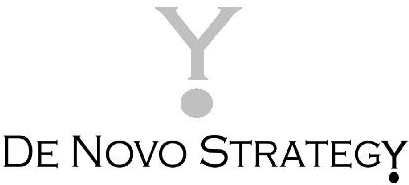As capital flows into the banking industry via bank acquisitions, many new business plans are incorporating programs to attract and retain underserved/underbanked consumers. Some bank acquirers are even selecting target banks based on their locations relative to known underserved communities.
Creating a plan
A bank purchase, like a bank start-up, has a rigorous regulatory approval process. Part of that process involves documenting and defending a viable business and marketing plan for the target institution. This is no small undertaking, particularly when an underserved community is being addressed. Studies have repeatedly shown that underserved consumers do not respond consistently to traditional bank marketing programs.
Earlier this year, the FDIC completed a survey to identify initiatives and programs that had successfully attracted underserved consumers. Effective outreach efforts incorporated the following actions:
• Early identification of suitable underserved populations
• Early commitment to serve the targeted underserved population
• Launch of educational programs, teaching consumers about managing their finances
• Partnership with established community organizations
• Off-site outreach visits and programs (at high schools and/or community organizations)
• Providing educational pamphlets and brochures
• Marketing specifically to certain demographics (such as Hispanic Americans)
• Empowering bank employees to welcome underbanked customers
The FDIC study concludes that educational programs, community partnership and off-site visits are among the most effective strategies. Subjects most commonly addressed in educational sessions are basic banking and savings programs. While the development of financial pamphlets and brochures is a popular strategy among banks, it is not considered one of the most effective methods.
Widening the service set
An effective underserved outreach program must also include the establishment of services for noncustomers, such as:
• Check cashing
• Money orders
• Bill-pay
• Reloadable, prepaid cash cards
A challenge in offering these services to noncustomers is setting effective identification policies. Underserved customers are less likely to have traditional forms of I.D., such as a driver’s license or state-issued I.D. card. Also, the goal in developing relationships with noncustomers is to transition them into accountholder status over time. Banks must therefore establish identification policies for account openings as well. Lack of identification is a common reason new account applications are denied. Other reasons include negative results on a check screen and a low credit score.
Assuming noncustomers can be converted to accountholders, these entry-level customers will also have specialized service needs. Banking services to consider for this customer segment include:
• Checking and savings accounts with no balance requirements
• Accounts with less severe overdraft penalties
• Short-term, unsecured loan facilities with specialized eligibility requirements
For further insights on working with underserved customers, read the full FDIC survey, available here: http://www.fdic.gov/unbankedsurveys/unbankedstudy/FDICBankSurvey_Report.pdf


